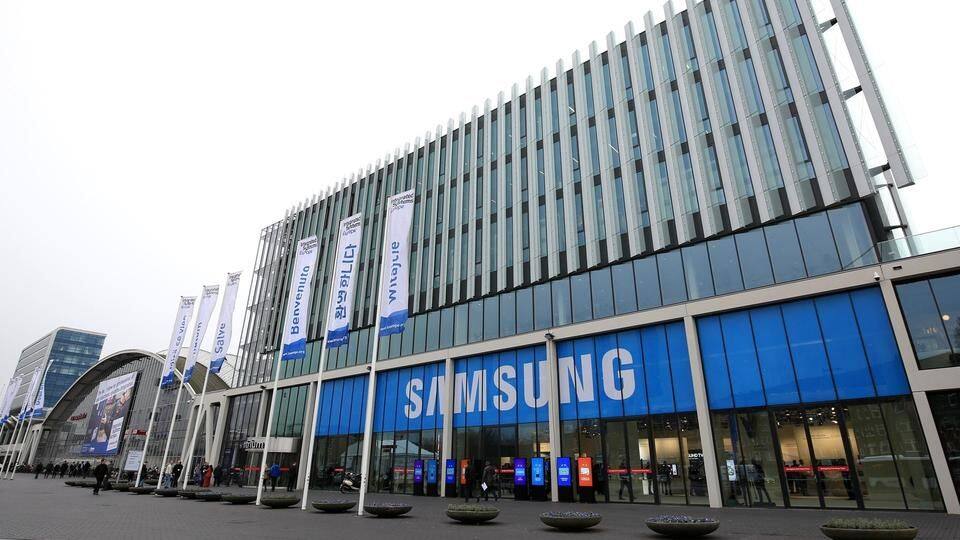
Samsung worker dies from brain tumor, questions raised over safety
What's the story
South Korea's Supreme Court has ruled that a Samsung factory worker's death from a brain tumor was the result of an occupational disease.
The SC overruled an appeals court's decision and ruled that Lee Yoon-Jung's family is eligible for state compensation.
It's believed Lee's tumor was a result of exposure to certain toxic chemicals.
The case raises questions of working conditions in Samsung factories.
What happened?
How the case proceeded
Lee worked at a Samsung chip factory from 1997 to 2003.
She was diagnosed with a brain tumor at age 30 and died two years later.
An appeals court had denied Lee's compensation plea citing a government investigation after she left Samsung.
The investigation found that workers weren't exposed to certain chemicals beyond permissible limits.
However, exposure levels of other chemicals weren't investigated
Awareness
Landmark SC ruling highlights change in workers' safety
Earlier, the onus for proving the cause of a potential work-origin disease was on the worker.
For years, labor advocates have campaigned to raise awareness on how workers don't get sufficient information on harmful chemicals used in the manufacturing industry.
The SC ruling in favor of Lee highlights a shift in the way such cases are treated, where these concerns of workers are prioritized.
Bad record
27 Samsung workers diagnosed with brain tumors
Lee's family lawyer said 27 Samsung factory workers have been diagnosed with brain tumors. Of these, eight worked in the same factory as Lee.
Overall, brain tumors, particularly from leukemia, are the most common condition Samsung factory workers are affected by.
The verdict could result in more Samsung workers seeking state compensation.
It would also pressurize Samsung to do more to protect its workers.